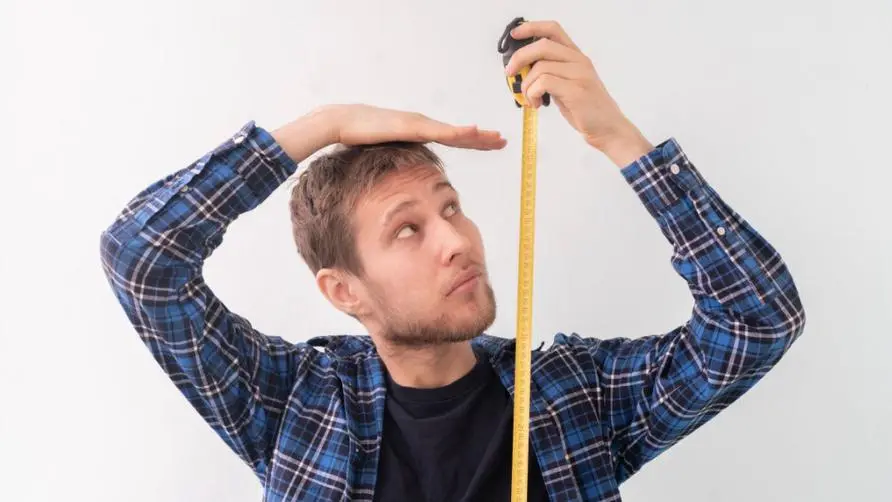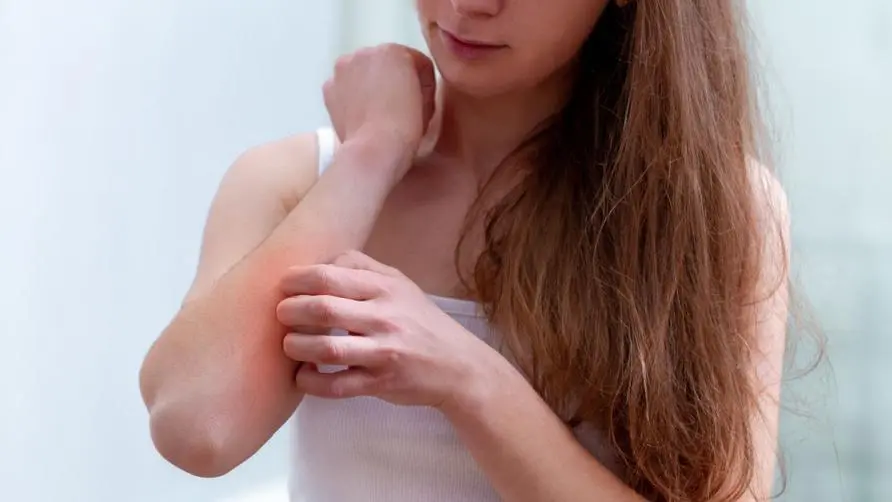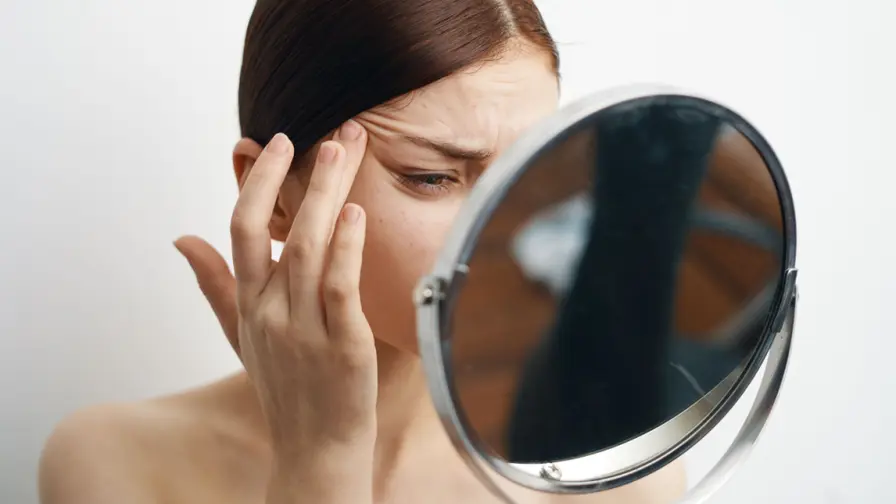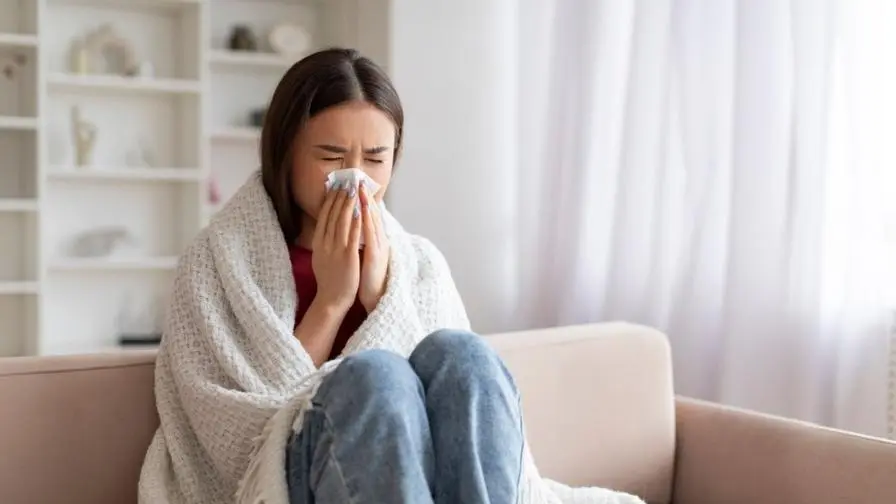Is it harder to be liked by the opposite sex if you are often sick? Study: Poor immune function may lead to difficulty in choosing a mate

Is it harder to be liked by the opposite sex if you are often sick? Study reveals: Poor immunity may affect self-worth
Ethnic groups with poor immunity are not only prone to illness, but also have a lower chance of being selected in the mate market? Research published in “Adaptive Human Behavior and Physiology” pointed out that the strength of an individual’s immune system is related to the self-perceived value of a partner; the lower the self-perceived value, the more likely it is that it is difficult for them to choose a mate or that they cannot occupy the mate market. gain advantage.
A joint research team from Nipissing University in Canada and Boston University in the United States collected the saliva of 691 young subjects from 37 countries. “Immunoglobulin A” (slgA) is an important marker to confirm the health status of the subjects. things. In addition, subjects’ BMI, self-perceived spouse value, number of sexual partners, current romantic relationship status and other indicators were also included in the study.
The results of the study show that immune markers are positively correlated with mate value. People with better health and higher immunoglobulin A concentrations think they have a higher sense of value than those with poorer health. On the contrary, those with higher immunoglobulin A concentrations Those with lower self-worth tend to have a lower sense of self-worth, which can easily affect making friends or choosing a mate, ultimately leading to difficulty in choosing a mate. This correlation is more significant among men. In addition, increases in BMI negatively impact mate value for both sexes, with a greater impact on women, meaning a higher BMI may reduce a woman’s ability to produce healthy offspring.
Does body immunity affect mate selection? Humans tend to associate with healthier people
Study author Steven Arnocky said the results are consistent with previous research showing that people prefer partners who are in better physical health and that those who are frequently sick feel less valuable as a partner. However, while those with stronger immune systems may view themselves as high-value partners, there were no significant differences in the number of sexual partners, mating behavior or sexual relationship status between those with strong and weak immune systems.
Arnocky believes that in this trial, it was indeed observed that a person’s immunity level affects their ability to find a mate. “A stronger immune system means less likelihood of transmitting harmful viruses or diseases to a partner or offspring, and also increases the likelihood of transmitting disease-resistant genes, which may help their offspring survive.”
Arnocky said whether a person’s immunity serves as a criterion of mate value depends on the qualities or benefits they provide as a potential mate. He believes that people generally prefer to associate with healthy people, a trend that exists in various countries, especially in areas with higher risks of infectious diseases. However, this study focused on the subjective feelings of people with low immunity. The actual mate selection situation of this group still needs to be further clarified.
Appearance affects health! Is the immune function better than that of ordinary people?
Based on the above, poor health status is related to a relatively unfavorable mate selection ability; and “good looks” will also affect a person’s immunity? A research team from Texas Christian University in the United States recruited 159 subjects between the ages of 17 and 30 to conduct an experiment. During the process, the subjects were asked to maintain an “emotionless” facial expression and remove all cosmetics before performing facial attraction. score.
The subjects then received blood sampling to test the activity of peripheral blood mononuclear cells (PBMC), natural killer cells (NK Cells), and the growth status of Staphylococcus aureus in the blood, as a standard for evaluating the subject’s immune ability. The results showed that subjects whose appearance was considered attractive had a higher immune system’s “phagocytosis” of E. coli, meaning they were less likely to be infected by the microorganisms.
Studies have also found that highly attractive men have stronger natural killer cells, which means their immune systems are better able to fight against viral threats and tumor growth. Women with healthy natural killer cells are less likely to attract male attention. In the study, highly attractive women not only had lower killer cell function but also slower growth of Staphylococcus aureus. Research suggests that the reduced activity of killer cells may be related to higher levels of estrogen in women; women with high levels of estrogen are generally considered more attractive.
Attractiveness regardless of ethnic group or sexual orientation. Experts point out that if you meet the “6 conditions”, your attractiveness will be explosive.
In this regard, study author Summer Mengelkoch said that the subjects’ definition of “attractiveness” was mostly a highly symmetrical face, thick eyebrows, larger pupils, a small nose, full lips and narrow cheeks. Past studies have also proven that highly attractive people are often seen as better reproductive candidates and can produce excellent offspring.
“We found that people who are better able to fight off the threat of bacterial infection are generally very attractive!” Mengelkoch said, even if conditions such as sexual orientation (such as heterosexual vs. homosexual) and race (such as European, Asian or African American) are combined Inclusion in the study still does not affect the final results. In other words, people of all sexual orientations rated people’s attractiveness the same.
However, scientists are not entirely consistent in their definition of what “attraction” is. The psychological mechanism of attraction is also relatively complex. Even though facial appearance determines part of the attractiveness conditions, an individual’s figure, personality, and character are also important factors in building personal charm.
Source:
Individuals considered physically attractive may boast stronger immune systems
Further reading:
Is he so handsome? American study reveals: “Good looks affect body immunity”





